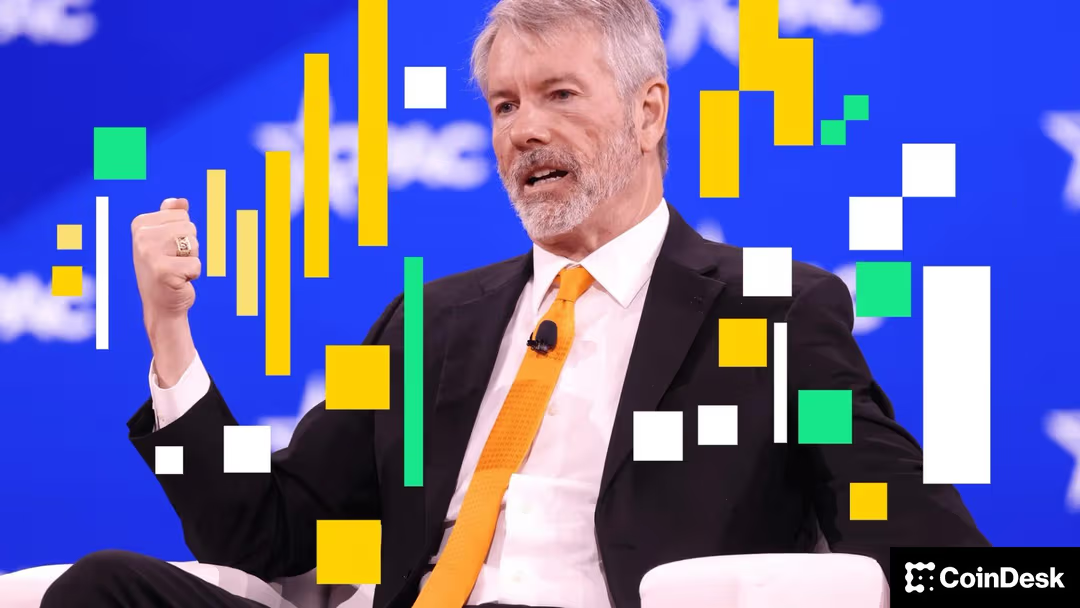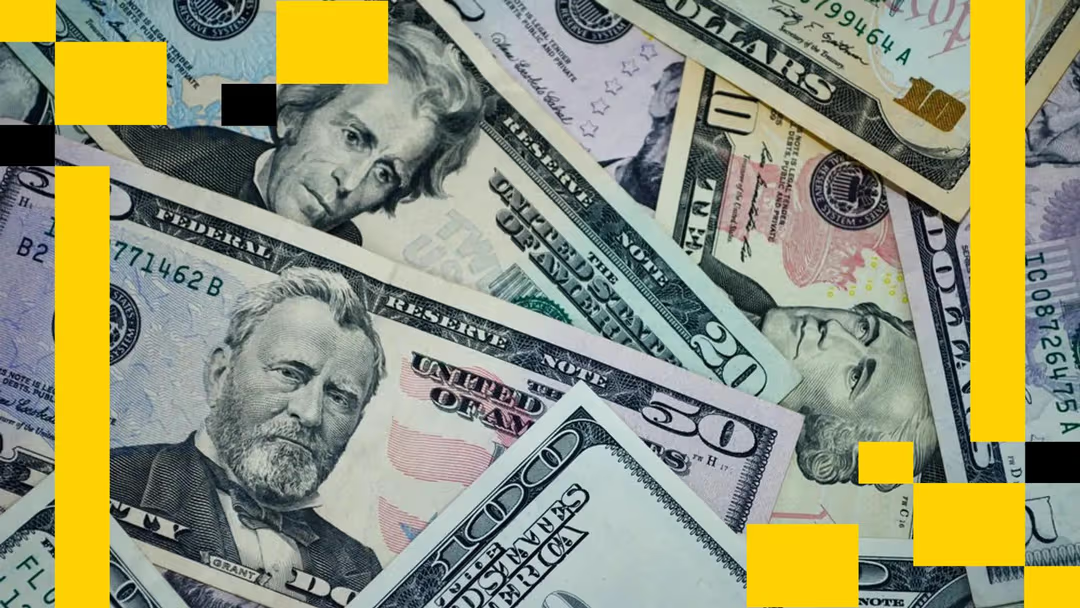1. What are crypto-to-crypto swaps?
Crypto-to-crypto swaps are the direct exchange of one cryptocurrency for another at the prevailing market rate. Unlike traditional exchanges, which would require fiat currency deposits and a longer process, crypto-to-crypto swaps facilitate the exchange seamlessly.
Swaps play a major role in enhancing the liquidity and efficiency of cryptocurrencies. The feature enables users to barter their cryptocurrencies with other coins in their wallets, enhancing the efficiency of the ecosystem as a whole and reducing the risk of censorship or control.
Thanks to swaps, users can diversify their crypto holdings, take advantage of new investment opportunities and easily swap between cryptocurrencies without depositing fiat.
2. Is crypto swapping better than trading?
In the realm of cryptocurrencies, newbies may regard the terms “swap” and “trade” as the same. However, though the outcome might be similar, the process is different.
In crypto trading, transactions are executed based on an order book, limiting trades to pairs available on the exchange. Typically, trading involves exchanging crypto for fiat currency first and then using that fiat to purchase another coin. This process will entail the trader paying a commission at every step: first, selling a cryptocurrency and second, buying another coin.
Swapping, on the other hand, allows for seamless exchange between cryptocurrencies. The process occurs in one go, eliminating the need to convert crypto to fiat initially and, after that, buying another cryptocurrency. Swapping offers greater flexibility, enabling users to immediately exchange one asset for another.
3. How do crypto-to-crypto swaps function?
Crypto-to-crypto swaps can be executed on centralized exchanges (CEXs) or decentralized exchanges (DEXs). However, under the hood, the mechanism is different.
On CEXs, which act as intermediaries, users interact with the liquidity pool, and exchanges charge fees for facilitating swaps. On Coinbase, for instance, the user interacts with its order book when swapping. When they place a swap order, Coinbase matches their request with available liquidity from its internal pool, essentially acting as the counterparty to the trade. Fees are typically fixed and transparent but are higher than DEXs for facilitating swaps.
DEX swaps are peer-to-peer (P2P). Automated smart contracts manage liquidity pools — provided by users — eliminating the need for an intermediary in the exchange process. This usually means lower fees but may have slippage risks if liquidity is low. Uniswap, for example, uses liquidity pools composed of cryptocurrency pairs contributed by users.
Smart contracts in DEXs execute swaps based on the ratio of assets within the pool. The user contributes one asset and receives the equivalent amount of the other instead of direct trades. Fees are paid to liquidity providers and are usually lower than those on centralized exchanges, but users need to consider slippage.
Users connect their wallets to the DEX platform, select the desired assets and quantities and authorize the transaction. Smart contracts facilitate the exchange by automatically executing the trade based on predetermined parameters, such as price and volume.
In both CEXs and DEXs, the swap process involves determining the cryptocurrency pairs, specifying the amount to exchange and confirming the transaction. Once executed, the swapped cryptocurrencies are transferred to the user’s wallet or managed within the exchange’s infrastructure.

4. Factors to consider before swapping
Before swapping, consider aspects such as security, liquidity, slippage, transaction fees, network congestion, regulatory considerations and jurisdictional differences.
Before a user proceeds with swapping, it is important to consider a few factors to ensure a seamless process:
Security
Assess the security measures of the platform. When using a CEX, users should consider the security certifications of the platform and whether it uses cold storage for the assets it holds. If the user wants to execute swapping in a DEX, they should factor in the security audit of the DEX and its track record.
Liquidity and slippage
Users need to evaluate the liquidity of the assets they are swapping to avoid substantial price fluctuations during the transaction, which may result in slippage.
Transaction fees and network congestion
Network congestion has a role in determining the cost and speed of the swap. Research the fees charged by the platform and consider the current state of the blockchain network to prevent any delays or increased costs.
Regulatory considerations and jurisdictional differences
Regulatory considerations and jurisdictional differences are aspects that a user should not overlook. The user needs to ensure compliance with relevant laws and regulations governing cryptocurrency transactions in their location.
5. What are the risks and challenges in crypto-to-crypto swapping?
Anyone doing crypto swapping needs to factor in possibilities like price volatility, liquidity risks, counterparty risks, regulatory risks and market manipulation.
Crypto swapping has its own set of risks and challenges:
Price volatility
Cryptocurrency prices are highly volatile, with rapid and unpredictable fluctuations. This volatility can affect the value of the assets to undergo swapping, leading to large gains or losses within a short period.
Liquidity risks
Liquidity refers to the ease with which a crypto asset can be bought or sold without significantly affecting its price. If a cryptocurrency has lower liquidity, the number of buyers or sellers at a given time may be insufficient, leading to delays or unfavorable prices during the swapping process.
Counterparty risk
When swapping cryptocurrencies on CEXs, users rely on the exchange to facilitate the transaction. There is a possibility that the exchange could face technical issues, become insolvent or engage in fraudulent activities.
Regulatory risks
The regulatory landscape for cryptocurrencies is still evolving and differs widely across different jurisdictions. Regulation changes could impact the legality or operational aspects of crypto-swapping platforms.
Market manipulation
In less regulated markets, there is a risk of market manipulation, where large traders or groups of traders artificially inflate or deflate prices to exploit other market participants. This may lead to unexpected outcomes for users engaging in crypto swapping.







All Comments